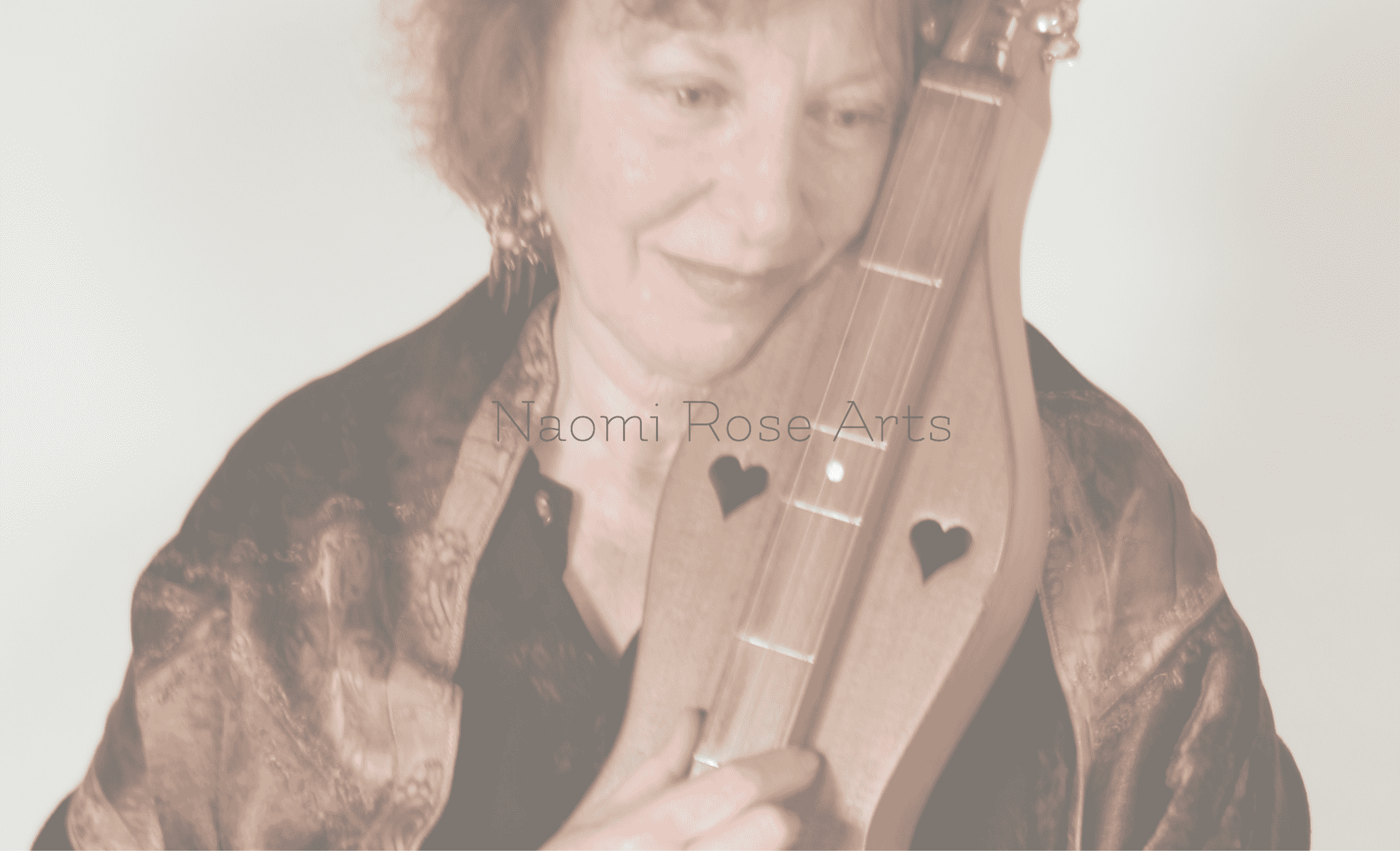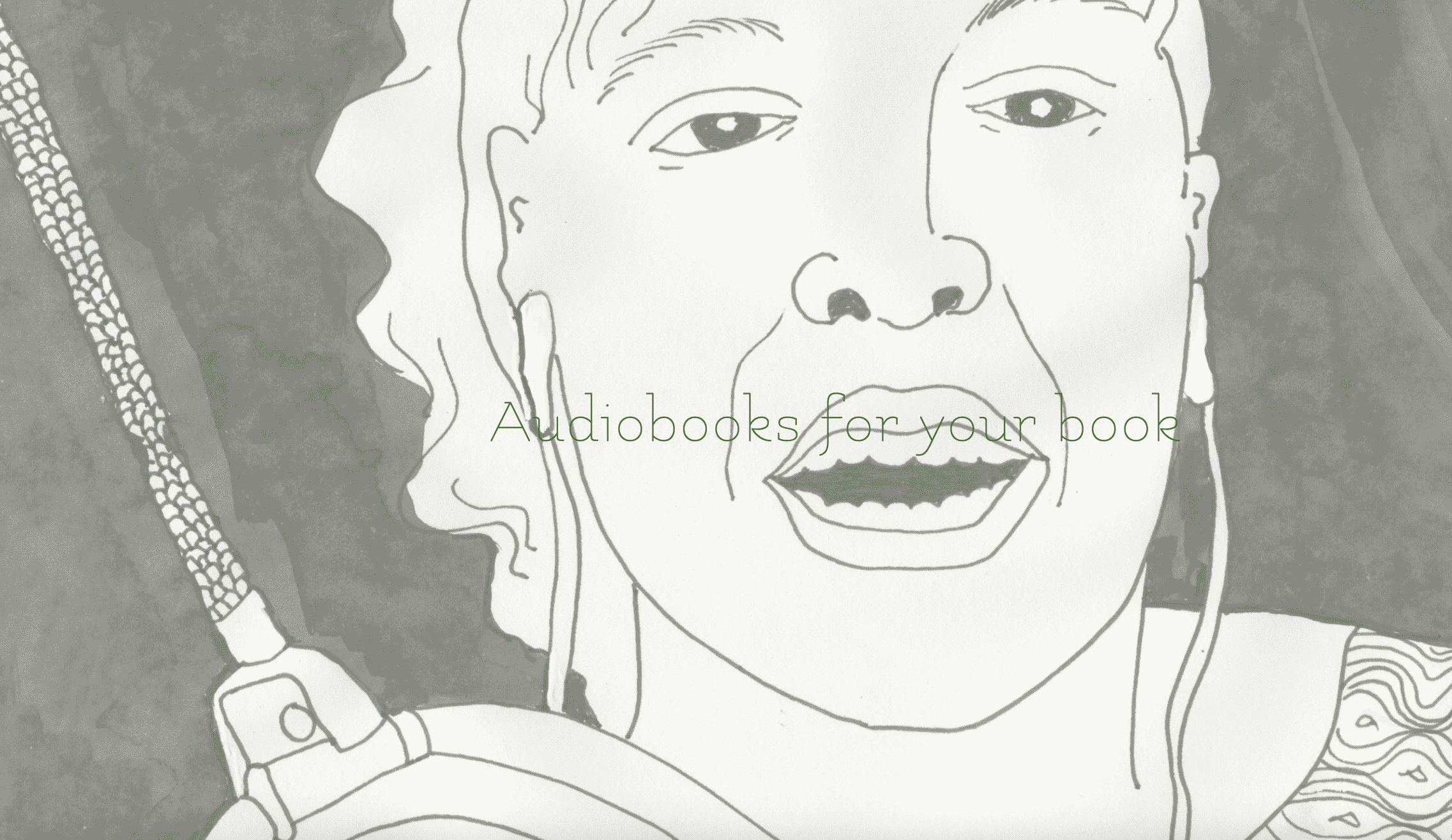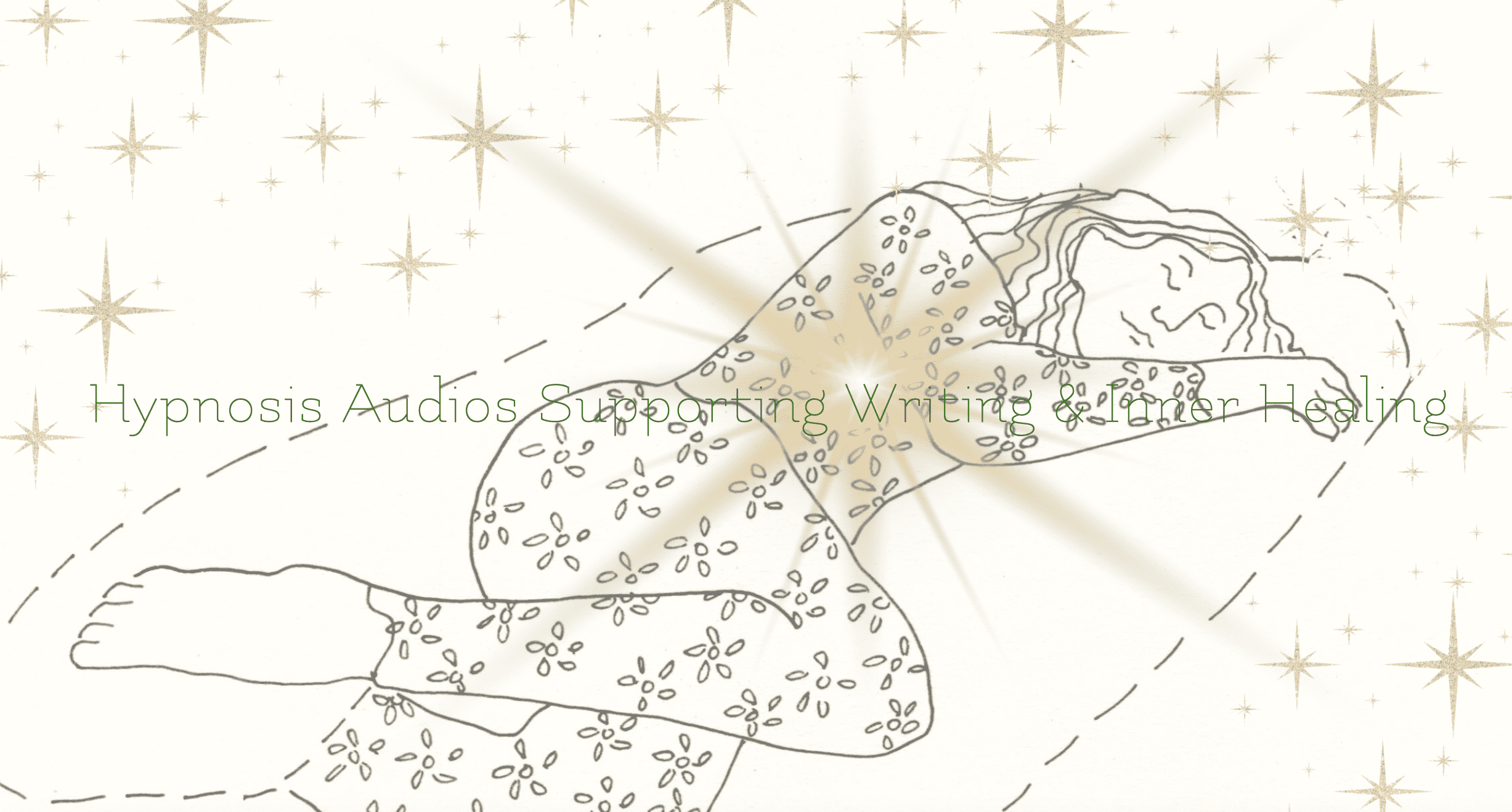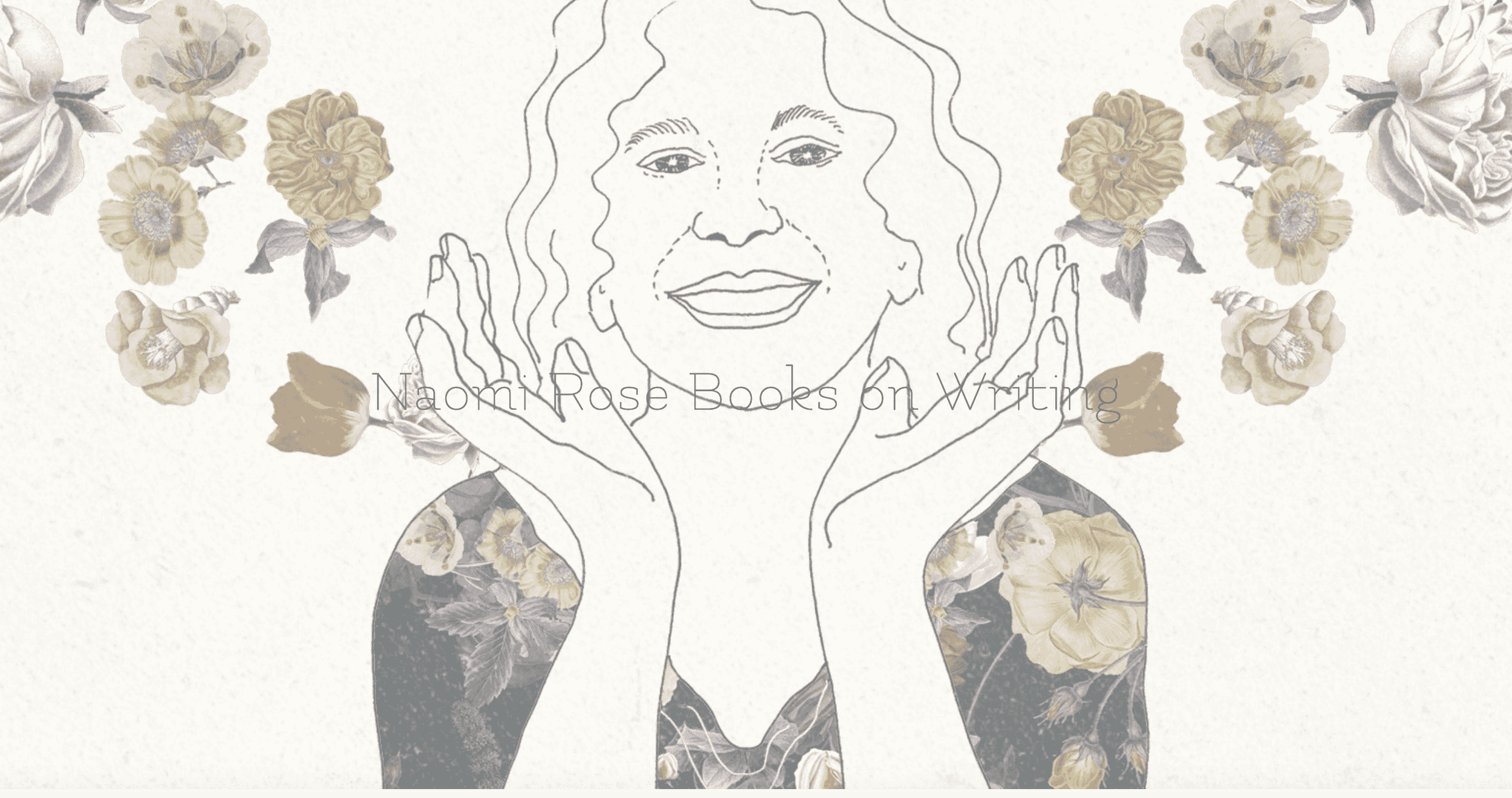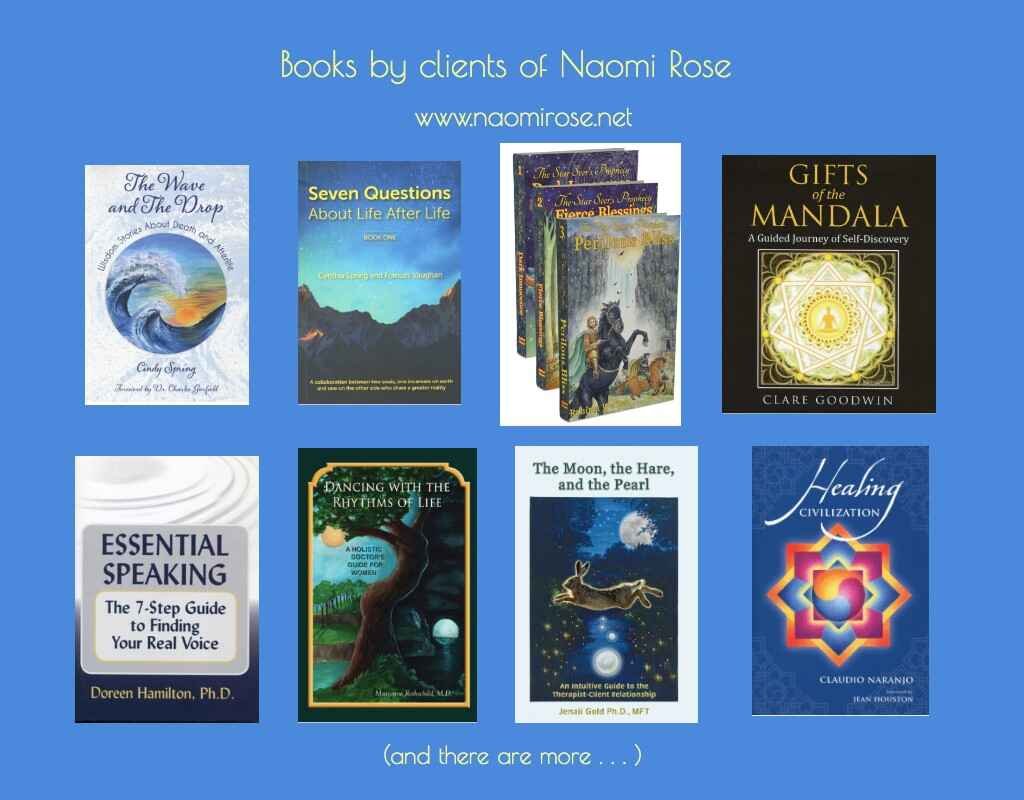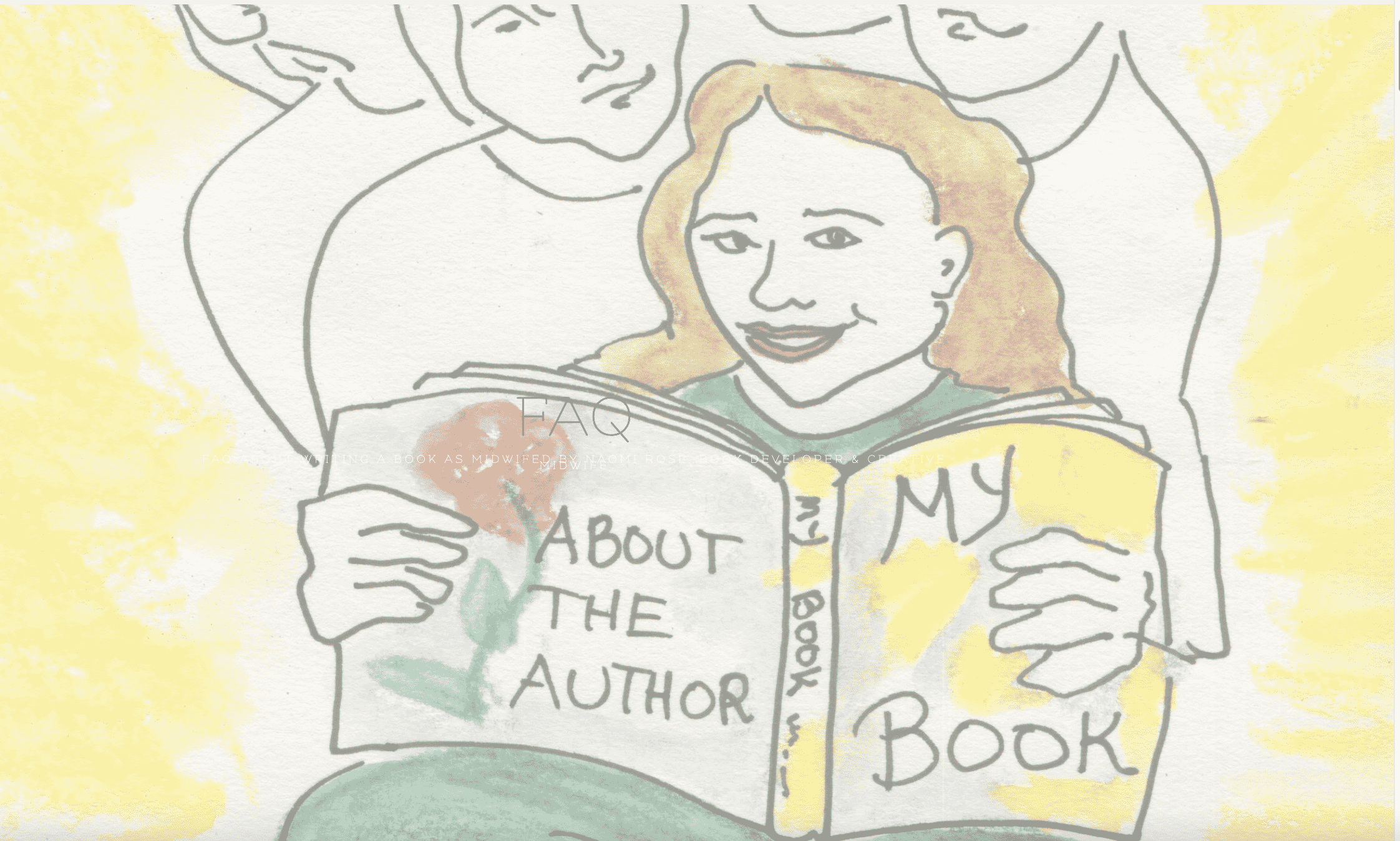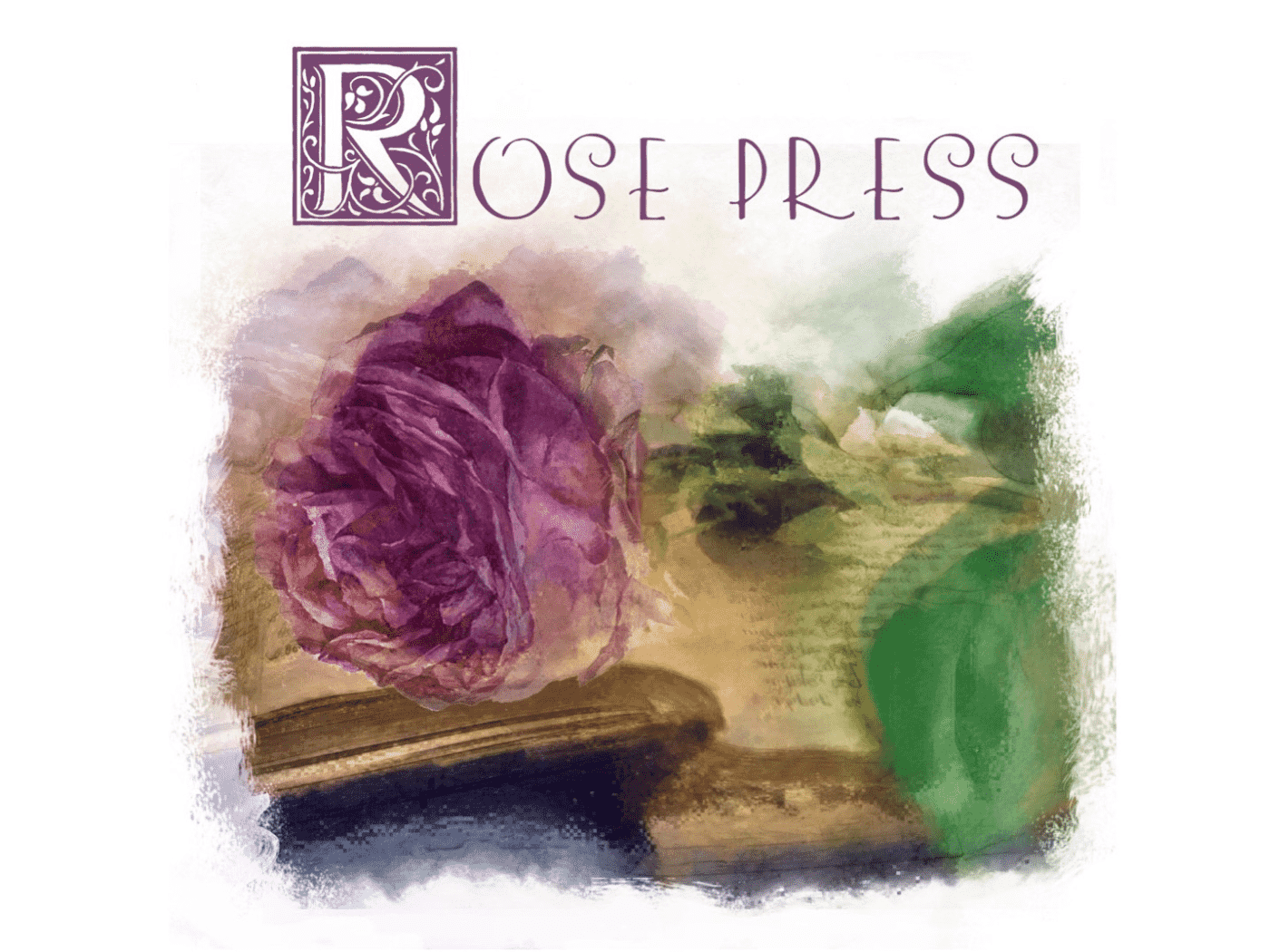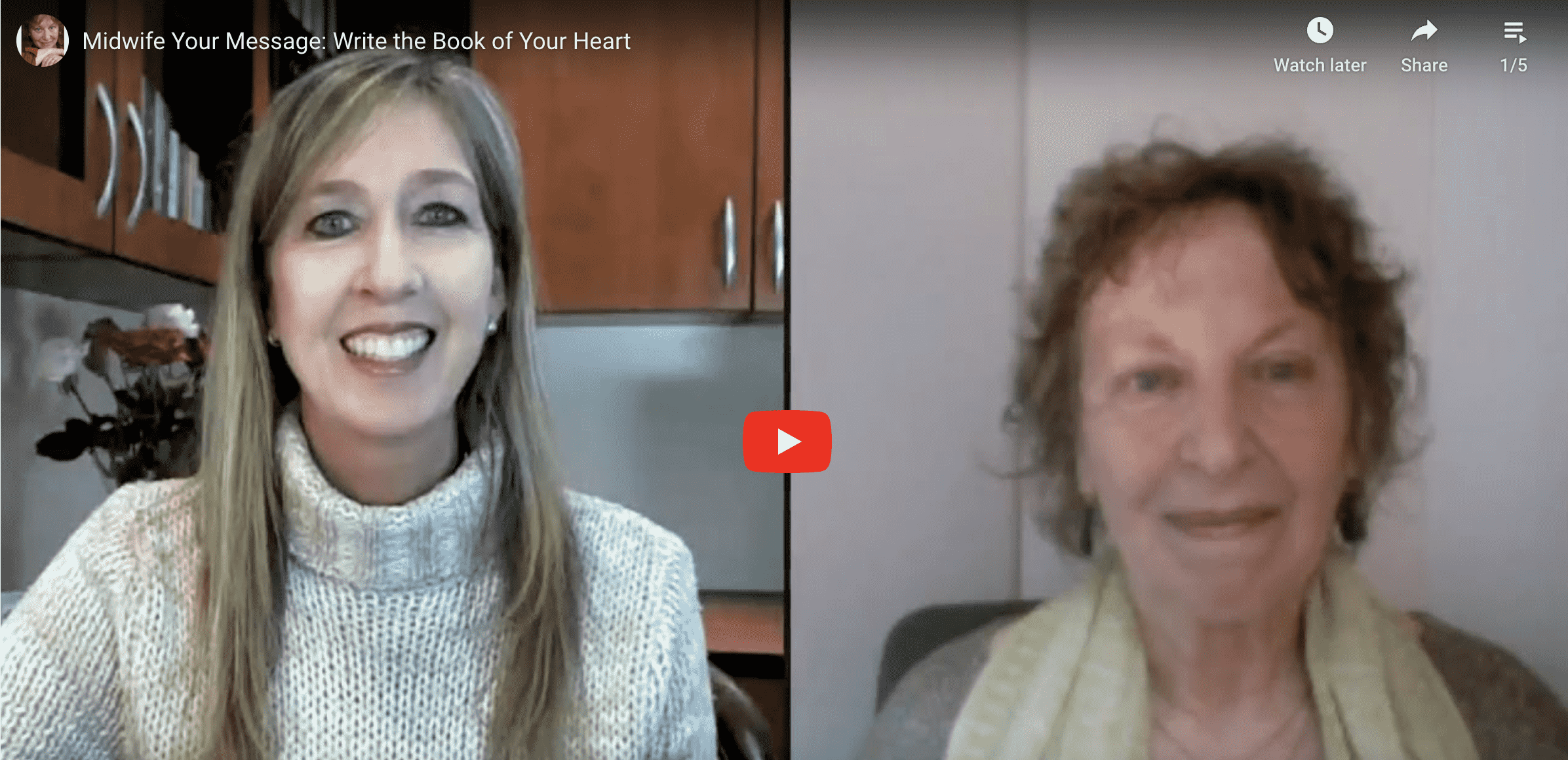Writing from the Deeper Self
Book Development & Creative Midwifery with Naomi Rose
Guiding and Encouraging Your Soulful Book Writing
30+ years in the publications field / a lifetime of seeking and encouraging the expression of what’s real
Because it’s not just how many pages you write. It’s how much of you gets to come onto the page.
Turn your written book into an audiobook
My curated recommendation for doing this professionally
In addition to helping you bring your book to life as a Book Developer & Creative Midwife and editor, I’m delighted to open you into the world of professionally produced audiobooks. Your book deserves no less.
Can you remember being told a bedtime story as a child?
You’d close your eyes, and the sound of a voice bringing its gifts to your receptive listening would open up inner worlds. A hazy landscape would come into view in all its bustling lushness; a rushing river would open up inside your mind’s eye, tumbling swiftly over the rocks. Heroes and villains would come to life in remarkable detail, much of that filled in by your own innately fertile imagination.
an Audiobook can bring your book to life in your reader’s imagination
I grew up with radio stories, in the days before TV was a common part of the household, and well before the Internet was a whisper in its creators’ minds. In fact, my father wrote stories for radio — scripts and “continuity” — so radio was enormously important within my family, not only for its entertainment value but also because it was a way to make a living being of service to the human spirit.
You might think that growing up with only radio would have been an impoverishment — as in, “Thank goodness I have so many options, now,” and so on. And that would be true, in a certain sense: I mean, here we are right now, you and I, having this interaction specifically thanks to the Internet.
But in another way, listening to stories kept much of my childhood innocence alive for perhaps longer than what we now are used to. And the actors’ voices, just as much as the words they were saying, conveyed a certain atmosphere that nourished me. The music of the voices — how they inflected up or down, got softer or louder, brighter or darker; their pitch, their range, their rhythms, so many aspects of speaking that have a musical aspect — entered not only into my mind but even into the cells of my body. I might even say that listening to stories spoken aloud allowed my imagination to come into full flower, which is every child’s birthright.
It has been said that “the eye grabs but the ear receives.” We are so used to taking in information, ideas, even stories with our eyes that we may not realize that this affects our experience of ourselves. The ear is more receptive, and this does something for us — if what we are receiving through listening is of value. Then, we take it in more deeply.
Formats for Sharing the Book You’ve Given So Much of Yourself to Writing
Once you have written a book, or shortly before it comes to completion, especially if you’re self-publishing, you’ll want to consider: which formats for your book will you make available to your readers?
There are:
Print Books
A book in print has an authority that thrills its authors and gets readers to take it seriously. The front cover, with its illustration and title, subtitle, and (O joy!) the author’s name; the spine, with the title and the author’s name visible on a bookshelf from across the room; and the back cover, with its compelling copy about the book, and perhaps a brief bio of the author in relation to that book — all this gives an authority, a sense of realness, to the book that once was “just” a dream in the author’s mind and heart. No wonder a print book is the gold standard. (Plus the obvious benefits to the readers: the comforting tactility of a book; the ability to linger over what’s on its pages; the ability to turn back to earlier pages and deepen understanding, just to name a few.)
E-books
Electronic books, or “e-books,” allow readers to read the book on their computers, tablets, iPhones — anywhere, really. Your book could be read in the privacy of people’s homes, or in a park (hopefully supporting the readers’ experience of nature), on an airplane, etc. etc. And while the familiar bodily sense of holding the book and turning its pages by hand, as with a print book, is missing, the compensation is the reader’s ease, the book’s portability, a quicker timeframe for receiving it (an instant download rather than by mail), and a lower purchasing price than print.
Audiobooks
And then there are audiobooks — another format to consider (on its own, or — more typically — along with the first two).
Audio offers a format of your book that people can receptively take in through their ears instead of their eyes, allowing their minds to enter a more relaxed, diffuse mode (which is good for people — as neuropsychiatrist Srini Pillay, MD, explains in his book, Tinker, Dabble, Doodle, Try: Unlock the Power of the Unfocused Mind — and actually helps them to be more productive).
Audiobooks allow readers to take the author’s words in differently than with the eye. Hearing goes into the listener through different neural pathways than with sight — it’s been said that “the eye grabs but the ear receives.” And if listeners make the space to listen (rather than listening while, say, jogging), hearing the words you wrote may allow them to reflect on what you have to say (and how you said it) more deeply.
Imagine your book as a spoken book . . . your words coming from the speaker’s inflected voice into the “reader’s” ears. Imagine the heart of what was in you when you wrote your book transmitting to the listener’s heart in a more bodily, side-door, conscious-plus-subconscious way.
Really: imagine people listening to your book — lying down on a couch or in bed; sitting in a chair; as they drive their car; sitting under a tree; taking a walk; or giving your book their exclusive attention, not doing anything else at the same time, because they are so into it.
This is one real way your book can affect your readers: by entering through their ears.
(1) You have a wonderful book to share with people. It will resonate, vibrate, at the level you wrote it. And people will receive it at that level.
Think of it this way: you have poured yourself into writing your book. Really, you have given your all to it. You have invested not only time and funds to develop your book with my help, but emotionally . . . mentally . . . spiritually . . . energetically . . . you have given of yourself, in writing your book. From every level.
Turn your book into an audiobook and let your readers really take it into themselves.
And most likely that was what you were hoping for: that your book would hold the energy . . . the passion . . . the clarity . . . the healing . . . the breaking-new-ground discoveries that are part-and-parcel of writing from the deeper Self. The you that you poured into writing the book. The you that you discovered through writing the book.
All this lives on the page. It’s like a treasure chest, available to everyone once the lid (the book) is opened.
I’m completely convinced that all that came from you exists in wait on the page, and vibrates from it when a reader opens to receiving it.
(2) Audiobooks are very popular. They appeal to many readers. Sales are up, and not likely to go down.
(3) An audiobook offers inclusivity by opening your book up to a more diverse population. Book-lovers who have physical reading disabilities can take in your book by ear, making it easy for them to enjoy what you have to share.
(4) Having an audiobook option to include along with your print book and e-book opens the door to readers who have format preferences. Some readers prefer print books, some prefer e-books, and some prefer audiobooks. Making your book available in all three formats tells the broad (even global) span of your potential readers, “Any way you like to take in a book is just fine. My book comes in all three formats. Take your pick.”
Benefits of Audiobooks
Research has shown that listening to books has beneficial effects on the listeners.
(1) It’s good for the brain. There are scientifically proven benefits of listening to an audiobook. It can:
Help our brains to better imagine what’s in the book.
Help improve reader comprehension and vocabulary.
Help us attach deeper meaning to phrases.
Bring about a more emotional response than reading with the eyes.
Offer a welcome alternative to readers who have trouble with the physical act of reading (e.g., dyslexia, visual impairments).
Stimulate the same areas of the brain addressed by reading print (in case you thought listening to books was “cheating”).
Improve memory and cognitive abilities.
(2) It stimulates our wellness. Audiobooks can benefit us on both mental and physical levels. They can:
Be just as beneficial as reading with the eyes.
Build crucial listening skills.
Help reduce negative thinking.
Help relax the eyes (especially after hours of screen time).
Benefit our sleep (but best to not listen to a suspenseful thriller at bedtime).
Stretch the time we have available (e.g., listening while exercising).
Increase our literacy skills.
Immerse us in another world, strengthening the imagination.
(3) Audiobooks are becoming a favorite with the the reading public. Audiobooks are, as the book industry puts it, “having a moment.” And this popularity is only increasing. According to the article, “The Rise and Rise of Books You Don’t Read” (BBC Culture):
“Audiobook sales are the fastest-growing sector of publishing by far, with almost one in five Americans having listened to an audiobook in the past year. As they soar in popularity, they are becoming increasingly creative — is the book you listen to now an artform in its own right? Compared with physical book sales, audio is the baby of the publishing world, but it is growing up fast. . . . Some authors are even skipping print and writing exclusive audio content.”
What’s behind this popularity?
Illustration by Naomi Rose
Audiobooks help people with their daily (and nightly) lives. “Oral literary culture long precedes the book, and there are many reasons for its rising popularity. Some people use audiobooks to send them to sleep after a stressful professional day; others listen while walking, or looking after a baby, or as an alternative to TV.”
Audiobooks help with long-term recall through the musicality of the narrator’s voice. “It may be that an actor’s voice can provide musical information that helps long-term recall, just as the visual and tactile information of where a passage lies in a printed book can.”
Audiobooks offer people who lack time/motivation to sit down and read get the benefits of reading, in a different form: “In non-fiction, especially, we’re seeing audiobooks really register with people who may not have the time or inclination to pick up a print book, but devour audiobooks because they are hungry for new ideas, narratives and experiences. If it helps more people experience an author’s work, it’s something to celebrate.”
Audiobooks are good for readers and for authors. Publishers Weekly, a reputable book-industry magazine, reports: “Audiobooks are becoming more mainstream, and most of the growth is coming from people using technology to find time in their day to consume more books. Hitting the 50% mark in audiobook consumer penetration is a major milestone, but the even better news is that the data points to significant upside in the future.”
While I don’t consider reading — especially of deep, heart-centered books — an act of “consuming,” all this does point to the efficacy of having an audiobook in the global marketplace.
So for all the above reasons and more, consider doing an audiobook as well as a print and e-book version of your completed manuscript when your book is ready to be shared with the world.
Yes, your book. Why not? It’s a gift to readers/listeners. Not only does it make what you wrote available to them in all modalities, but it’s a different way to go heart-to-heart with your book. In any format, when you write from the deeper Self, the resulting book will resonate with readers at the same level you wrote it. With an audio book, that vibration will happen literally.
Whether your book is fiction or nonfiction, memoir or self-help, and so on, almost any book where readers can get everything you need them to get without visually seeing what’s on the page will work as an audiobook.
Should you narrate your book yourself or use a professional narrator?
It depends on a couple of things: the genre of your book, and the nature of your spoken voice.
1. The genre of your book.
If your book is nonfiction, memoir, narrative nonfiction, or something else other than fiction, you might be the best person to narrate it. You know the territory of your book intimately, and you can bring out those emphases that are important to you. At the same time, a professional narrator is trained to bring the spoken word to life. So you’ll need to determine what’s best for your book.
If your book is fiction, it depends on how good a speaker you are. (I don’t mean as in “public speaking” — there’s no audience involved in narrating your book, and you will definitely have a “script” to read from, word for word.) Are you the best person to speak your book aloud? Or would it serve you to have a professional narrator do it? And that largely depends on:
2. The nature of your spoken voice.
There is music in the spoken voice — inflections, rhythms, tone, pitch, volume — and some voices are simply more musical than others. Professional narrators (often, they are actors) have this talent and training. Some authors of wonderful fiction (I’m thinking of one in particular) are just not good at reading aloud. Their voice flattens the affect, dampening a reader’s ability to engage with the story rather than igniting it. In this case, a professional narrator is a really good idea.
So you need to take an honest assessment of your ability to be the one to convey your book aloud. If you don’t currently have that facility, whatever your book’s genre, you would be doing yourself a favor to have a professional narrator narrate your book instead of you. And this could be true if your book is non-fiction as well. You may or may not be the best person to record it.
And you want the best person to do it. Because look at how much of yourself you already have invested in your book. True, all that will be there on the page. But bringing it off the page is another aspect entirely.
How do you go about getting an audiobook made?
I was leading up to that!
illustration by naomi rose
I have partnered as an affiliate with Audivita, a full-service audiobook-production company that will turn your written book into an audiobook, from start to finish, including distribution in all major audio outlets.
That means recording, production (including editing), casting (if you want a narrator other than yourself) — or they will set you up technologically to do your own narration — and distribution of your finished audiobook to the “big 3” online retailers (Amazon, Audible, and iTunes), as well as up to 35 other distribution channels. Your readers will have many options for locating and buying your audiobook.
I’m thrilled to offer you the opportunity to bring your book out into the world as an audiobook, in addition to whatever other formats you may choose, through my affiliation with this audio-production company. David Wolf, the founder and CEO, explained the entire process, and immediately I knew that anyone I referred to Audivita would be in expert, caring hands.
If you want an audiobook made from your book — whether you narrate it yourself or choose a professional voice actor — I can help you make this dream a reality.
David wolf, Founder / CEO, AUDIVITA — a really good fit for authors who work with Naomi Rose
This is David, on the left. He’s a warm, supportive, knowledgeable guy. I could say, “You’ll be in good hands” and leave it at that. But I want to tell you why I feel well-partnered by him and his team:
Their professionalism and experience. My own reputation is on the line when I recommend a colleague, so I wanted any outfit I recommended to put as much skill and know-how into producing a truly sterling product as I do into my clients’ books. After a lengthy interview with David, I came away satisfied and excited that my clients would be in good hands. He is warm, knowledgeable, and open, and brings years of professional expertise as a music producer to spoken-word-narration this work. His team members also support this mission.
Audivita cares about the quality of the author’s experience just as much as I do, on my end. “How we make people feel is as important as the product we produce,” is how David put it. They seek to have a warm, caring relationship with their clients. They even have a hand-holder for authors on their team.
Authors are not only allowed to get involved in the process, they are encouraged to get involved. The ability to have creative input (e.g., on the cover, the illustration, the back-cover copy, and so on) to my thinking is a primary reason to self-publish a print book. Audivita agrees when it comes to your audiobook.
You can be as involved in the process as you like. If you want to narrate your book yourself, they coach you through the process and set you up with the technology. If you decide to use a narrator (as my client Jerry Gin did for the two books I helped him develop), Audivita’s casting director will make it easy for you by narrowing down the field to three likely prospects from whom you can choose. (If you don’t like any of the candidates, the casting director will come up with a second list of potential narrators for your book.)
If you want to narrate your book yourself, the audio team will coach you all the way through the process.
You can actually do the narrating remotely, from your own home or office, using a special Internet-based platform. They will tell you which microphone to buy, so the sound quality is excellent.
And as you read aloud, a staff person on the other end of the platform screen will be coaching you nonverbally, giving you visual cues so you know what to do and how you are doing. All this will allow you to feel confident about the narration process.
The point is that you are not alone in doing this. You have support and expert guidance.
The narrating is done in 90-minute sessions. That means you will read aloud for an hour and a half, no more, in that session. And when one session is done, their editors will be working on the section you have narrated while you narrate a new session.
And if you’re not happy with certain parts of how you sounded during a session, you can let them know and they will put together a “punch list” of those spots for retakes — where you can go back and re-read until you are happy.
If you want someone else to narrate your book:
Sometimes the person who wrote the book is not always the best person to read it aloud. There are vocal inflections that bring a book to life that the author may not be familiar with or able to convey. There are breathing patterns, rhythms, emphases involved in reading a book aloud that the author may not have in her or his expressive vocabulary. But all these enlivening qualities exist in potential within the book itself, and deserve to be spoken forth by someone who can do it justice.
If you decide to use a narrator, the casting team will meet with you to find out what you are looking for. Based on this, they will audition potential narrators for your book, then offer you at least three choices for you to choose from. As David told me, “The author gets to be very involved.”
What happens after the recording of your book is completed? Where does it go so people can find out about it?
Distribution of your audiobook is part of the package. Once completed, your audiobook will be distributed by Audivita to the “big 3” — Amazon, Audible, and iTunes — as well as to 35 other online retail sites, giving people many ways to download your audiobook. They also can put your audiobook into a format that can be used on your own website, so you can sell it — as well as your print book and ebook — from your site.
Contact me to get the ball rolling.
What I bring to the experience: While, yes, you could just go contact Audivita on your own, my participation in this project to the extent you desire will smooth the rough edges and make your experience easier and, potentially, your recording more accurate.
I’ve recorded my own writing as a narrator, and I have some sense of what needs to happen to be at ease. And in the case of my ciient Jerry Gin’s first two books (The Teacher and the Seeker of Light, as well as Science, Subtle Energies, and Spirituality), I was brought in at the start to help the author choose the best narrator from the list curated by Audivita’s casting director. After the initial recording, I was brought in to compare the spoken recording against the written text, to make sure it came out right (accuracy, phrasing, pronunciation of unusual words, etc.). You can listen to a sample of the final audio recordings of Jerry’s books that were produced through Audivita here.
Rest assured that you won’t be paying extra to make this connection through me. My affiliate commission comes directly from the recording company, and they don’t charge their customers extra for this introduction to them.
How it will work: I will introduce you to the audio production team based on my knowledge of your book. You can meet the founder, the casting director (if you want someone else to do the narration), the (wonderful term!) hand-holder for authors, the audio editor, and so on. If you want me to be involved, you, me, and David — possibly others too — can have a collaborative online conversation about your book so that you find out what you need to know. This will ease you into enjoying the process and doing a good job of it (whatever your level of involvement).
Why having an audiobook is valuable for you and your listeners-to-come (recap):
Because having an audiobook as well as a print book (and, often, ebook) widens your book’s reach.
Because it lets listeners enter into what you wrote through a different and deeply rewarding portal.
Because it enables you to benefit from the current and growing popularity of audiobooks.
Because it gives a wider bandwidth of readers access to your book.
Because it gives readers who appreciate having a choice the option to listen to your book as well as to read it.
Because it’s a more-than-viable way to get your book into the world and become known for what’s in it. (You could make money, too.)
Because it’s a service of great magnitude to transmit to your readers’ minds and hearts — directly through their ears as well as eyes — what was in your mind and heart when you wrote your book.
So, reader by reader, listener by listener, your book helps to heal the world. (And does good things for you too, in the process.)
Contact me to get begin the process of turning your written book into a spoken book. It’s fun, and your listeners will be grateful!
Testimonials from Authors Who Went This Route
What was it like for authors like you to get their books into audiobook form this way? Here‘s what some had to say:
From authors who narrated their audiobooks themselves:
"As an author who wanted to voice my own book, I was so thrilled to find David and be able to work with someone of his caliber and experience. He made the whole process seamless, and even fun, of generating my audio version of my book. He is an absolute professional, and guided me every step of the way. We completed the recording quickly, with David managing all the details and ensuring everything was in order. I highly recommend his service." — Jennifer Brown, author, Inclusion: Diversity, the New Workplace & the Will to Change
"If you want your audio book to sound its best, that requires you as the author at your best. David's expertise extends far beyond his technical skills to coaching to make sure I gave the 'best read' of each and every phrase. He makes the process smooth and easy and I'm thrilled with the results. I highly recommend you have his listening in as you record to make sure you are on point." — Jon Livesay, author, Better Selling through Storytelling
"What an amazing experience working with David and his team. He was a guiding light in bringing the audio version of my book to life. What made this so special was this was done all remotely. David made our online recordings accommodating, fun, and full of intent. A heartfelt thank you, David, for making the recording of Selling from the Heart memorable. You and your team get it!" — Larry Levine, author, Selling from the Heart
From authors who chose to use a professional narrator:
"Working with David Wolf, from beginning to end of my audiobook project, was astonishing. From our first call David helped me make the right decisions — utilizing my own voice or utilizing a voice actor. He brought the voice auditions and quickly we selected the best, and in weeks the audiobook was back to me done from review. I was blown away by the speed and efficiency of the project: the result exceeded my expectations. Working with David put me squarely in the driver's seat. His professionalism, ability to listen and respect for my needs was superb." — Tom Dutta, author, The Way of the Quiet Warrior: 90 Days to the Life You Desire
"Wow, what a seamless experience working with David and his team on my audiobook! Recorded it right from my home and they did all the rest! Professional, easy and affordable. Thank you for making me sound great!" — Mark Eaten, author, The Four Commitments of a Winning Team
"David Wolf was integral in coordinating the production of my audiobook for Powerful Beyond Measure. He was able to recruit many voices that were a good fit for my genre. David was interactive, responsive, and supportive to both the author and the narrator. His quick response allowed the process to flow effortlessly with a remarkable end product. Communication is the key to any successful project, and David excelled at this." — Cynthia E. Mazzaferro, author, Powerful Beyond Measure: 3 Steps to Claim your Power Within for a Happy & Healthy Life (Foreword by Marci Shimoff)
If having an audiobook made of your book calls you, you can really do it! Contact me to discuss your book, your needs, and your options. Let the words of your heart and mind enter through the ears of people who can benefit.
Naomi Rose, Book Developer & Creative Midwife
Creator of the Writing from the Deeper Self approach to writing the book of your true heart
Sign up for my newsletter and discover the power of writing and healing. Let me support you in bringing the book of your heart to radiant life.
Enter your email address in the ochre sign-up box and click “Subscribe” to join the Writing from the Deeper Self community of like-minded individuals who are committed to writing books that speak to the soul and bring about genuine healing for both writer and reader. You’ll receive expert advice and guidance, creative inspiration, in-depth content, and special offers and discounts. Let your writing be a catalyst for both personal and collective transformation.



















